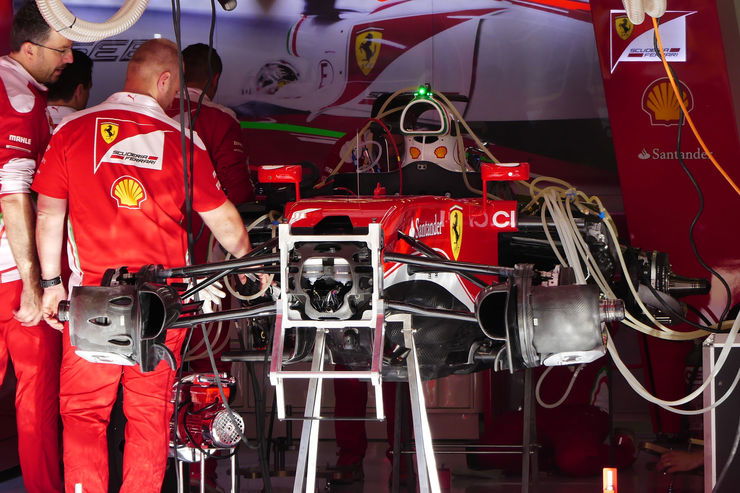

Away from the eyes of an average Formula One fan and behind the curtains, Formula One in undergoing its next technological change in terms of the engine regulations. The regulating body, teams and the interested parties have a daunting task at hand to simplify the sport to keep it interesting for the fans while retaining that technological edge for the manufacturers to remain interested in the sport and continue competing.
Watch What’s Trending Now!
Formula One is unique in its relationship with technology among major sports. While it is a competition between drivers on the circuit, it also a race between large teams of engineers, working with highly-specialised equipment, and major car manufacturers trying to prove their prowess in designing cutting-edge engine technology.
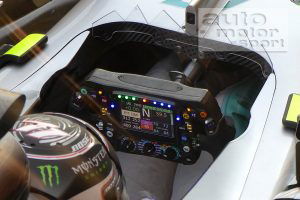
ADVERTISEMENT
But how important is this technological aspect? Does it go too far – undermining the human element by reducing the influence of the drivers on the results?
Or is decades of constant technological development a fundamental and unimpeachable part of F1’s nature and appeal?
ADVERTISEMENT
“One of the things that sets it apart is that it is a constructors’ formula and there are not that many of them about,” argues ex-Williams chief technical officer Pat Symonds. He further adds, “In professional motorsport Formula One is really the only single-seater formula that has that technical content, and that’s quite important. I know there are many who think that’s not particularly important, and even as an engineer I certainly wouldn’t rank it at the top of what makes Formula One what it is. But we do need to recognise relentless progress, development and change in Formula One is something that an element of the public enjoy.”
Symonds also points out that technological innovation has revolutionised many other sports, such as cycling, and even traditional ‘athletic’ sports through developments in human performance.
ADVERTISEMENT
Technology tends to represent progress, so any attempt to put the brakes on this aspect of F1 will automatically be regarded as regressive.
For new team boss Gene Haas, the technological aspect is the unique selling point for F1 in the sporting world.
ADVERTISEMENT
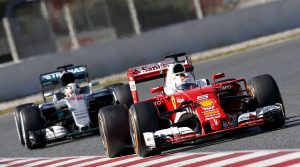
What makes Formula One unique is that from a technological standpoint it’s pushing the boundaries of engine and chassis development. The technology is always changing, which makes it very, very interesting and separates racing from other sports where you just have humans against humans – where you don’t have anything maybe other than a bat and a ball, or something like that. It needs to be a technological challenge for the automobile producers to produce something that is the ultimate in technology – to pit against manufacturer against manufacturer, driver against driver.
ADVERTISEMENT
Formula 1 that is just driver against driver would not be Formula 1. But this technological dependence is both a blessing and a curse.
On the one hand it makes F1 stand out, offering the chance to be seen as cutting-edge, pushing the boundaries of physical possibility, striving to go ever faster. A space race on Earth in many respects.
On the flip-side the technological aspect is at the root of many of F1’s perceived problems – creating a ludicrously expensive arms race in chassis and engine development, nullifying the impression that the drivers are greatly skilled, and reducing the likelihood of close competition because of the complexity of the cars, combined with a fundamental architecture that makes wheel-to-wheel racing more difficult.
ADVERTISEMENT
Red Bull’s Christian Horner believes that currently, the sport is a bit too much inclined towards being technologically complex and hence expensive:
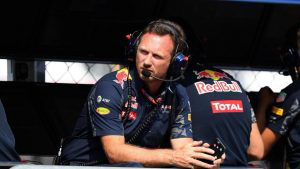
ADVERTISEMENT
“Technology has a role to play and it’s important to keep the manufacturers interested in the sport through the technology, but it shouldn’t dictate everything that we do,” argues Christian Horner. The technology has driven the costs so aggressively that it makes it very elitist. How can a company like Honda struggle so much under the current regulations It’s only going to scare off other manufacturers, because it’s too complex, it’s too niche, it’s too specialised. You’ve got to take away some of the technology. You’ve got to make the cars a little simpler and therefore take a lot of cost out of the production of the car, and then you’ve got to have stability, because with stability you do get convergence and in reality cost will come down. Then perhaps be less precious over transfer of intellectual property. The last thing you want is one car and one engine throughout the grid, but be a team as opposed to a constructor, adapting more towards the Haas model – entrepreneurs that can still come in and run a team and compete. That will bring in more drivers that deserve to be there rather than just bringing a pay cheque.”
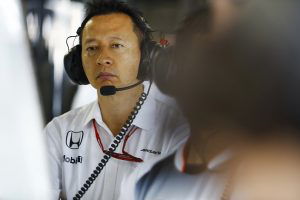
ADVERTISEMENT
“That Formula 1 is the best – the pinnacle of technology – is very important,” he says. “That’s why we have a reason to join this world.”
The message is clear. Honda may be struggling to be competitive right now, but without regulations that encourage development of cutting edge engine technology manufacturer interest would wane.
But does that matter so much if public interest in F1 depends more on the human element of the competition?
Technological determinism in F1 creates difficulty in differentiating between the drivers. It is difficult to know who the best athletes are, because of the heavy influence of the technological variables on their performances.
Paul Hembery of Pirelli believes that it is the drivers that should take the center stage in F1 and be the reason of results and not the technology. He says:
“Technology has been able to dominate the sport and probably along the way we’ve lost a certain element we feel for the spectators is the most important factor – making the driver central to the racing result. This is what in the future will attract new people to F1, because people want to look up to heroes, and you have to have an eye on making sure that at the end of the race you can say that whoever has won has had a big impact on that result. It doesn’t mean to say they have the only impact, but the question you get asked most often when you are working in Formula 1 is ‘who is the best driver?’ Nobody knows, and that’s where we need to find answers.”
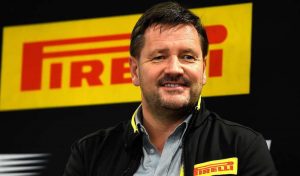
There is a serious case to be made for rebalancing the technological aspect against the other facets of F1, simplifying it to promote the driving and racing aspects above the rest in order to make F1 a more appealing spectacle. And it comes from an unlikely source.
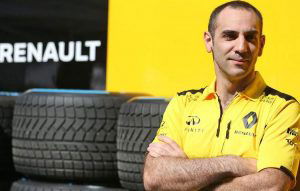
can be tackled:
“We need a much more precise definition of what Formula 1 is or should be in the next few years, thinking in particular to balance entertainment versus technological showcase,” argues Abiteboul. “Because those two things, we try to make them match together but actually they clash more than they are compatible. You don’t need to spend a fortune to have speed. It’s a combination of the regulatory constraints plus the necessity to have quick cars that makes this world so extremely expensive. But you could very well have a very, very fast car – much faster than what we have – for just a fraction of the price. It’s a no brainer. You just call Bruno Michel from GP2 and he will put together in five minutes a formula that is much faster, much more fun to watch than Formula 1. But clearly you will lose the technology showcase, and that will be an issue for most of the people who finance Formula 1. There is one model that is all about entertainment – standout cars, very fast, the best drivers. On the other extreme you’ve got something that is completely free in terms of regulation from the technology standpoint, extremely expensive, and frankly, Sauber or Force India, or even Williams, will never be able to be there.”
Going through all the opinions it feels like we’re back to square one. Right now Formula 1 is sitting between those two extremes. We want entertainment, we want all of the teams to be capable of being competitive; but unfortunately, given the regulations, not all of the teams are capable of being competitive. So now the decision makers need to decide – entertainment? Or pure technology? It is not possible anymore to think you can make the two completely compatible. Therefore a compromise needs to be made and whatever is decided will have a crucial impact on the future of the sport for F1 cannot afford to ignore any of the elements that make it up.
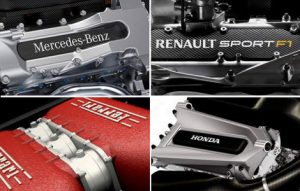
ADVERTISEMENT
ADVERTISEMENT
ADVERTISEMENT

